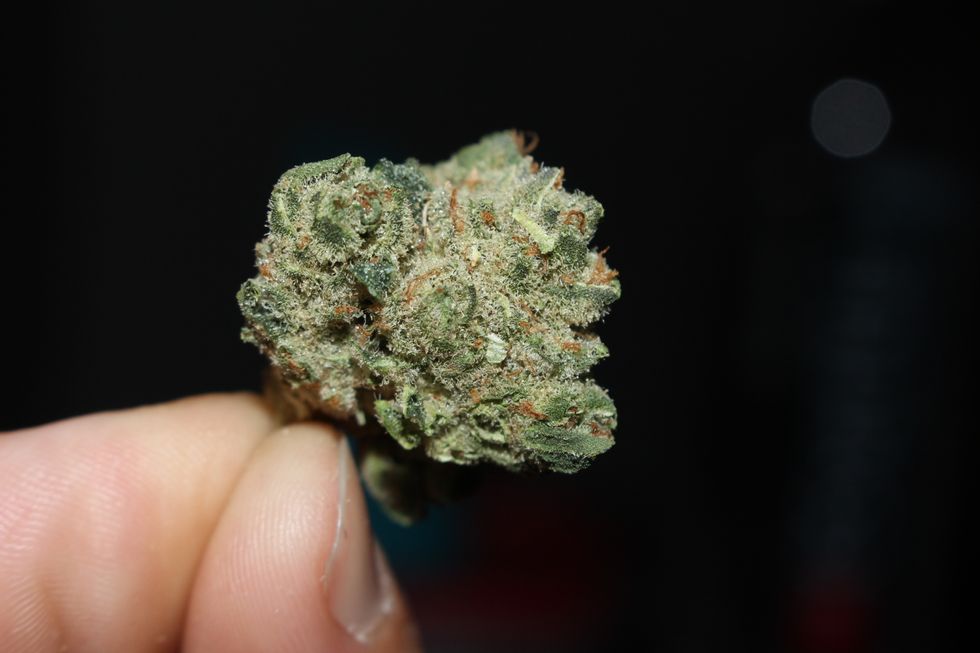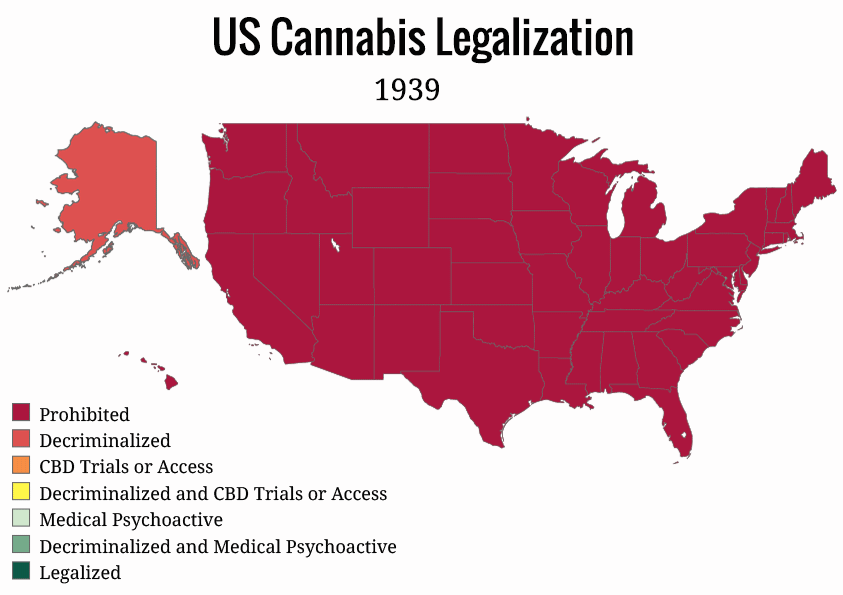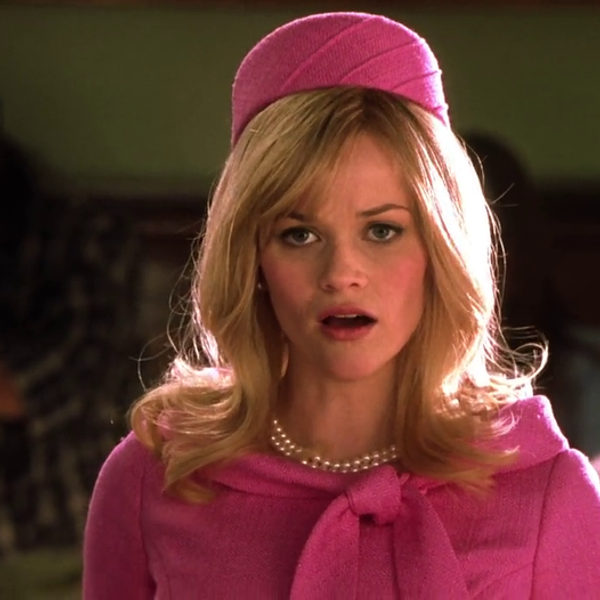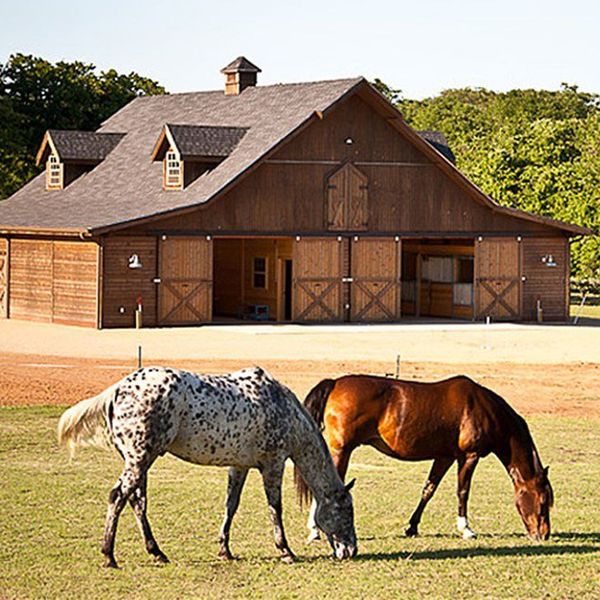The new year brought forth a new law for The Golden State. As of January 1st, California has legalized recreational marijuana for adults 21 and over, including the sale and possession. Excitement and jubilation was in air. The line to enter one particular retail shop formed hours before their opening at 6 a.m. Ribbons were cut. Joints and blunts were raised in celebration.
"It's the most exciting time in California history," one customer, Anthony Moraga, told NBC News. "We’ve been living in the shadows, in the black market. Now we can be proud to be part of a regular industry."
California is the 8th state in the U.S. to legalize the non-medical use of cannabis. Alaska, Colorado, Maine, Massachusetts, Nevada, Oregon, and Washington have passed similar legislature. 14 other states, including the U.S. Virgin Islands, have decriminalized the use. This legalization (or partial, in some cases, as medicinal use of cannabis is legal in 29 states, the District of Colombia, and two U.S. colonies) goes directly against strict federal prohibition.
The federal government considers cannabis a Schedule I drug, with “no accepted medical use” and a high probability for abuse and dependency (bodily or mentally). Other Schedule I drugs include cocaine, LSD, and heroin. It is illegal for any purpose, excluding FDA-approved research programs. There have been countless efforts to reschedule cannabis, but they have failed. The Supreme Court ruled in 2001 and 2005 that the federal government has the right to regulate and criminalize cannabis, no matter if it is recreational or medical.
In the states where it has been legalized, the Justice Department stomachs the commercial distribution due to the Cole memo that was implemented in 2013. Currently, the cannabis is a very fast growing, multi-billion dollar industry. Sales in the United States reached $2 billion in 2014, but are expected to grow to $10 billion in 2018 and, by one estimate, it could grow to $35 billion in 2020. California, the most populous state in the country, could bring in as much as $1 billion a year from the taxes on marijuana sales. Cannabis is the second largest cash crop in the country, behind corn.
The recent surge of cannabis legalization (or some sort of decriminalization) in states can be attributed to the shifts in public perception. In October 2017, 64% of respondents to a Gallup poll were in favor of marijuana legalization across the country, compared to just 25% in 1995. It would seem as if the negative sentiments toward cannabis has dwindled, yet marijuana arrests account for over half of all drug arrests in the United States.
Additionally, as a loathsome legacy of Nixon’s War on Drugs, communities of color (specifically Black communities) are more heavily targeted than white communities, even though usage is roughly identical. It is a commonly accepted fact that mass incarceration is an intentional move to subjugate and regulate Black people and other folks of color. Legalizing or decriminalizing cannabis nationwide would deprive the prison-industrial complex of bodies to capitalize off of.
"The Nixon campaign in 1968, and the Nixon White House after that, had two enemies: the antiwar left and black people. You understand what I'm saying? We knew we couldn't make it illegal to be either against the war or black, but by getting the public to associate the hippies with marijuana and blacks with heroin, and then criminalizing both heavily, we could disrupt those communities. We could arrest their leaders, raid their homes, break up their meetings, and vilify them night after night on the evening news. Did we know we were lying about the drugs? Of course we did." – John Ehrlichman, to Dan Baum for Harper's Magazine in 1994, about President Richard Nixon's war on drugs, declared in 1971.
The states which have legalized cannabis sales, use, and possession can prove their “progressive” agendas by pardoning and paying the folks locked in cages for “crimes” that are now legal and being capitalized on. A large portion of the billions of dollars being made need to be allocated to the reconstruction of communities of color that were deliberately destroyed by the war on drugs.







 The minimum wage is not a living wage.
StableDiffusion
The minimum wage is not a living wage.
StableDiffusion
 influential nations
StableDiffusion
influential nations
StableDiffusion












